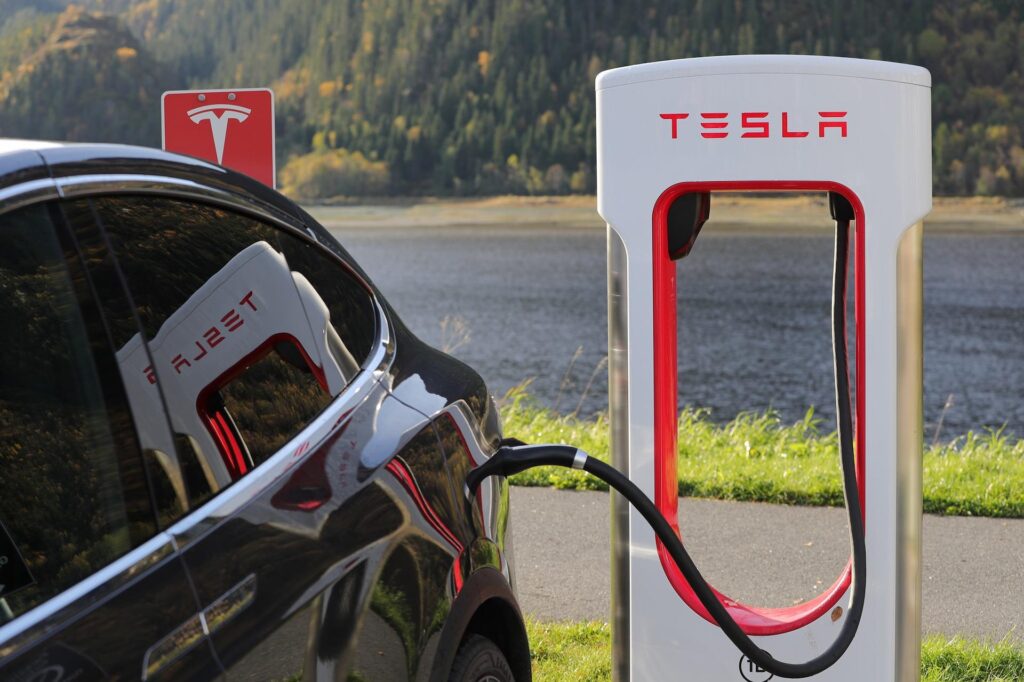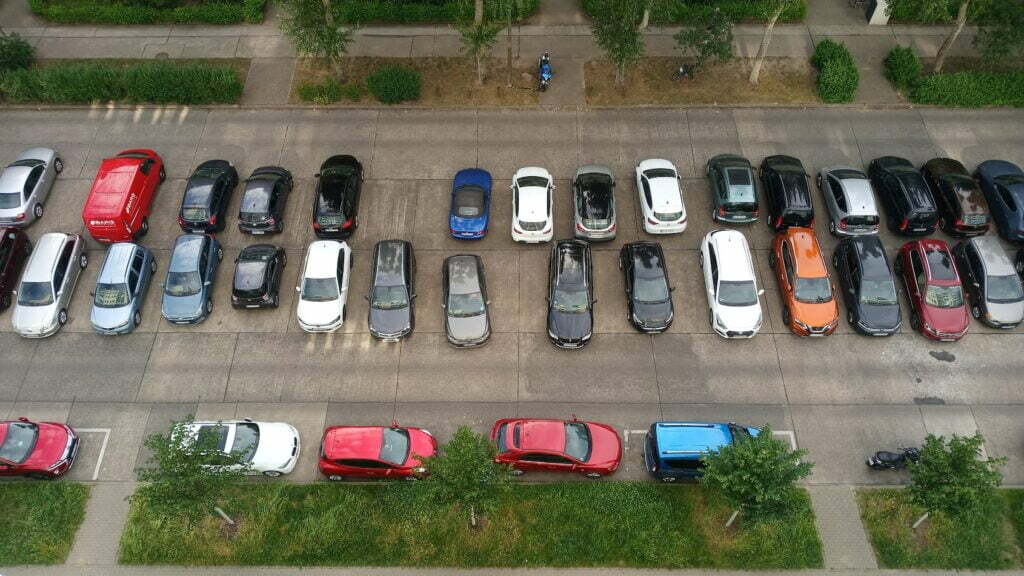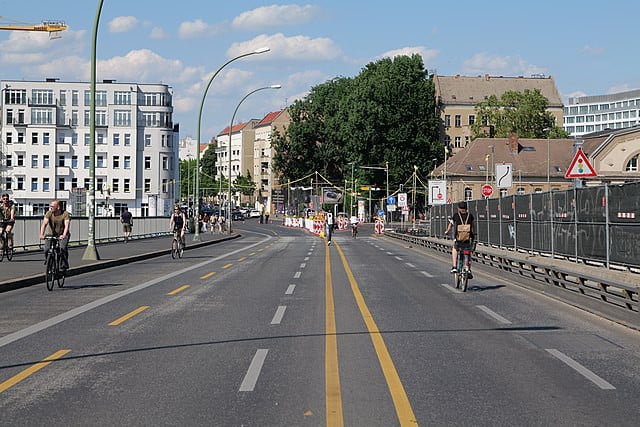At least not if we continue to solve our transport as we currently do

It is clear by now. Our planet is screwed. The global war for the remaining raw materials has begun. And we are starting to feel the effects of it. I lamented the german government’s lazy response to rising fuel prices. It was not because of the prices per se. It was about the fact that our politicians use tax money to prop up the fossil fuel industry. This money would have been better invested. In real, sustainable alternatives. Alternatives that lead us on a path to independence from fossil fuels. That aside, we have to be careful not to repeat the same mistakes of the past. The promise of switching to electric vehicles is one of those mistakes.
The German poet Johann Wolfgang von Goethe wrote a famous poem. It is called “The Sorcerer’s Apprentice”. It tells the story of a young apprentice. He seizes the opportunity to bewitch a broom, so it will fetch water so he does not have to. Only, the apprentice does not know how to reverse the spell. So, the broom continues until the workshop gets flooded. In the poem, the master sorcerer returns in time to save the day.

From “The Sorcerers Apprentice”
Johann Wolfgang von Goethe
Und sie laufen! Naß und nässer Wirds im Saal und auf den Stufen: Welch entsetzliches Gewässer! Herr und Meister, hör mich rufen! – Ach, da kommt der Meister! Herr, die Not ist groß! Die ich rief, die Geister, Werd ich nun nicht los.
Off they run, till wet and wetter Hall and steps immersed are lying. What a flood that naught can fetter! Lord and master, hear me crying! – Ah, he comes excited. Sir, my need is sore. Spirits that I’ve cited My commands ignore.
Our relationship with fossil fuels is the same. It enabled us to create massive growth and advancement in every area of society. With minimal energy input. But we have become used to the idea of continued growth. We no longer know how to stop. This growth is threatening our very existence. The only difference is, that there is no master wizard that will come and save us. There is just us.
The Hype for Electric Vehicles Embodies Our Addiction to Growth

Here is a view from my balcony. I took this picture in the late afternoon. Many households on my block own 2 vehicles. For the most part, there is easy access to public transport and shared mobility services. Yet, people buy plenty of cars. Not necessarily out of need. But because we bought into the idea of owning a car. It is a symbol of freedom and self-realization.
Electric Vehicles will not change that.
There is a fundamental problem with this idea. It rests on the assumption that we can grow and produce an infinite number of vehicles. Yet infinite growth is not possible on a planet with finite resources. Every product that gets produced has a production chain. At every level of the chain, we use resources and impact ecosystems.
Exchanging our current fleet with Electric vehicles is a dead end. There are many hidden environmental costs in the production chain of EVs.
There Are Many More Issues With Individual Car Ownership
One of them is pollution. A significant amount of air pollution in cities does not come from the vehicle’s exhaust. The culprit is the tires rubbing against the asphalt. This problem is not going away by switching to electric vehicles. And air pollution is responsible for more deaths than we previously thought.
Another issue to solve is grid capacity. Go back and look at the picture I took from my balcony earlier. Most people return from work early to late afternoon. Now imagine that all those cars in the picture are electric. What do you think will happen, when everybody attempts to charge at the same time? Remember to scale this up for all residential neighborhoods. This demand comes on top of what we already consume.
Yes, the vehicles could serve as a kind of battery storage for periods of surplus production. But that is hypothetical at best. Because we still need to be able to provide for peak demand. People will need the guarantee, that they can use their car again in the morning.
If Not Electric Vehicles, Then What?
Again, the alternatives are obvious. We need to move away from individualized solutions. And from false promises by capitalists and tech gurus. The task is to remind ourselves about what our needs are when it comes to transport.
It is not about owning a car. It is about being able to transport yourself. In the most flexible way possible. There could be many solutions to this. Expand public transport. Make it easier to walk or bike. Incorporate principles about local accessibility when planning our cities. Like we used to do in the past. Expand shared mobility concepts.
I despise E-scooter rental companies and Uber for their shameless exploitation of workers. But I will give them some credit. The underlying shared mobility concepts are part of the solution. We need real bold, innovative mass-transit concepts. And we need to strengthen them on a local and regional level. Just building hypersonic InterCity connections will not cut it.
In my own neighborhood, I would love to see a public, bike parking with surveillance. My apartment is too small to keep the bike in the corridor. And it is cumbersome to carry it 9 floors. But a public area, where I could keep my bike safe would make me buy a cargo bike immediately. It would give me even less reason to own a car.
It is about taking an honest look at our transport needs and finding the best solutions possible. And yes, electric vehicles should also be in that pool of solutions. But they cannot stand alone. There are many cities in the world that have started to realize this. It is a start.




